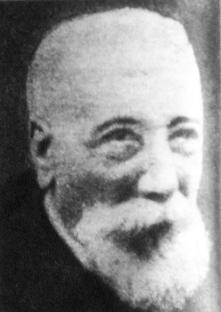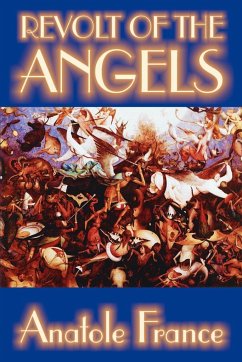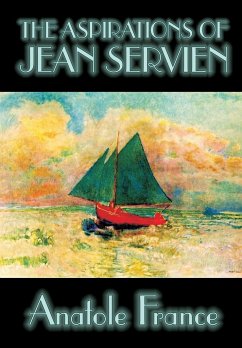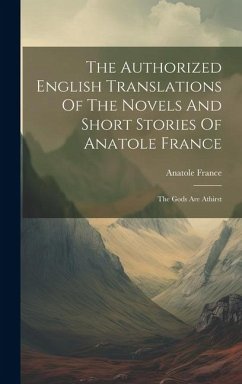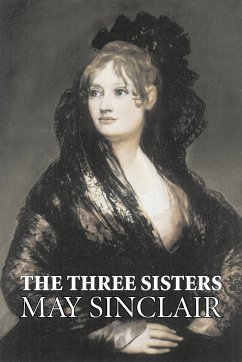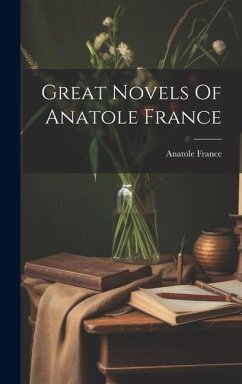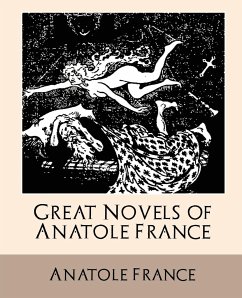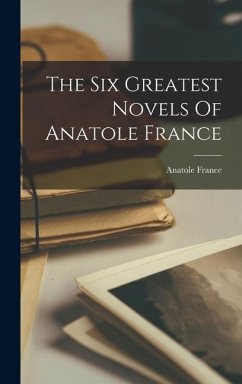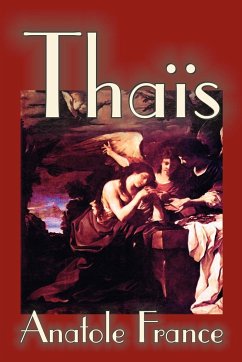
Thais by Anatole France, Fiction, Suspense
Versandkostenfrei!
Versandfertig in 1-2 Wochen
17,99 €
inkl. MwSt.

PAYBACK Punkte
9 °P sammeln!
In those days the hermits of the desert lived in huts on the banks of the Nile, where they lived abstemious lives, taking no food till after sunset, and eating nothing but bread with a little salt and hyssop. They lived in temperance and chastity; they wore a hair shirt and a hood, slept on the bare ground after long watching, prayed, sang psalms, and, in short, spent their days in works of penitence. As an atonement for original sin, they refused their body not only all pleasures and satisfactions, but even that care and attention which in this age are deemed indispensable. They believed that...
In those days the hermits of the desert lived in huts on the banks of the Nile, where they lived abstemious lives, taking no food till after sunset, and eating nothing but bread with a little salt and hyssop. They lived in temperance and chastity; they wore a hair shirt and a hood, slept on the bare ground after long watching, prayed, sang psalms, and, in short, spent their days in works of penitence. As an atonement for original sin, they refused their body not only all pleasures and satisfactions, but even that care and attention which in this age are deemed indispensable. They believed that the diseases of our members purify our souls, and the flesh could put on no adornment more glorious than wounds and ulcers. It was a good and virtuous life. It was also fairly smelly. One day a desert hermit named Paphnutius was recalling the hours he had lived apart from God, and examining his sins one by one, that he might the better ponder on their enormity, he remembered that he had seen at the theatre at Alexandria a very beautiful actress named Thaïs. Repenting his bothood lust for her, he saw he countenance weeping and resolved that the courtesan must necessarily be brought to salvation. It was a terrible mistake, and one that still haunts us all.



